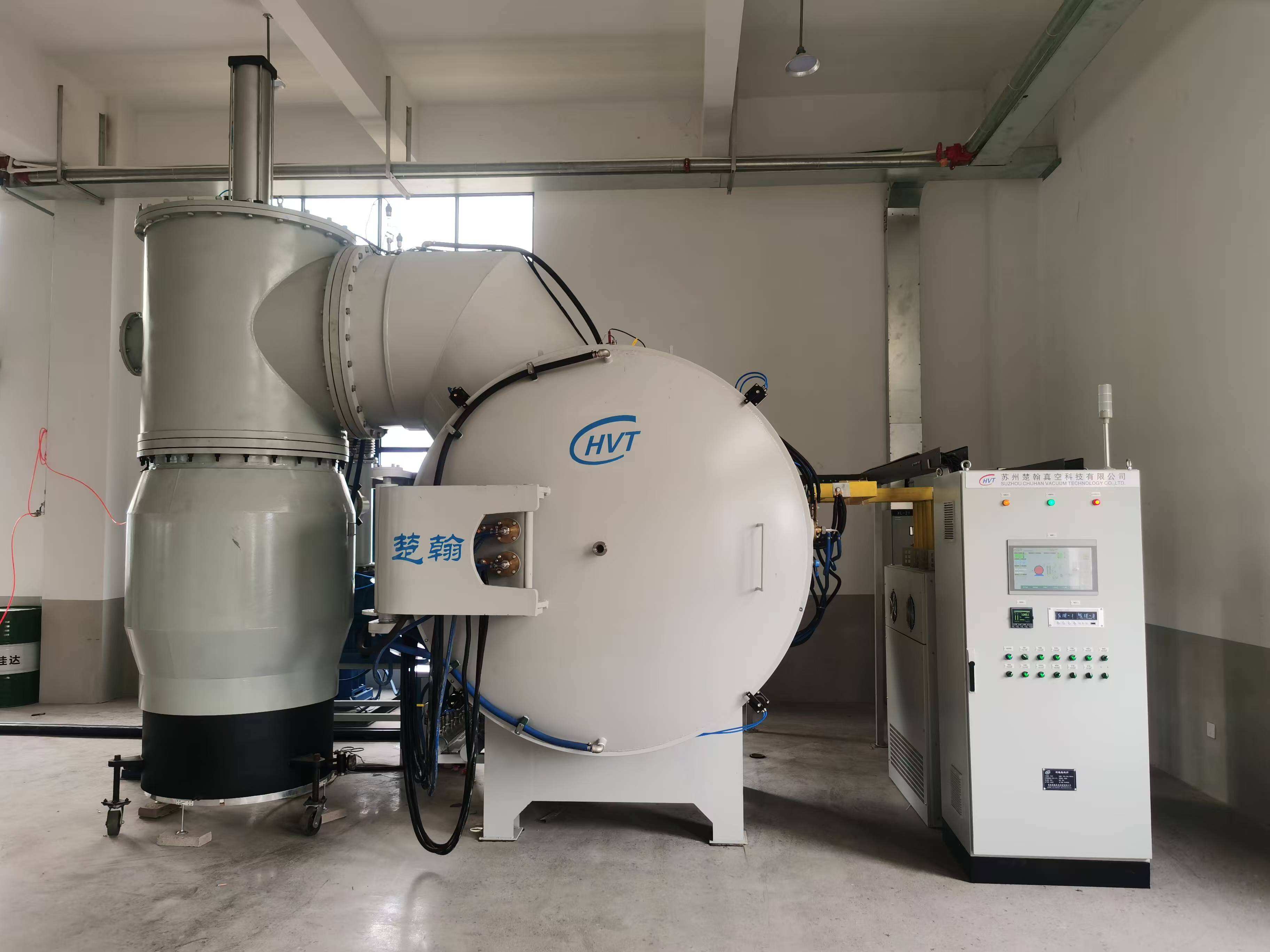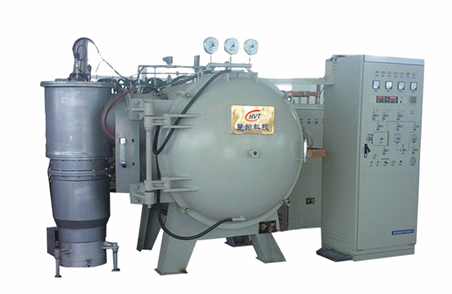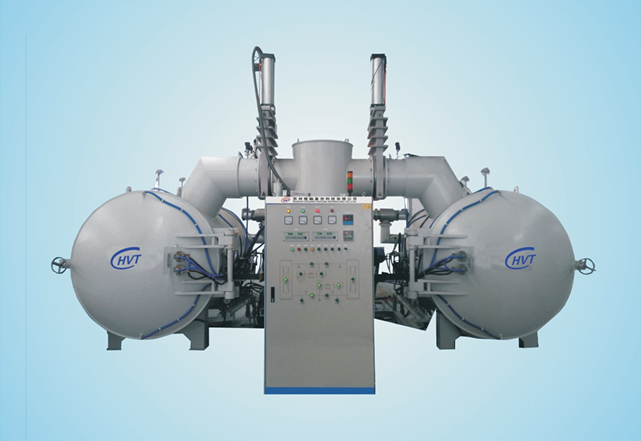mechanical rotary pump
A mechanical rotary pump is a sophisticated fluid-handling device that transforms rotational energy into fluid movement through a precise mechanical action. This versatile pump operates by utilizing rotating components, typically vanes, gears, or screws, within a carefully engineered housing to create vacuum conditions or fluid displacement. The pump's design incorporates strategically positioned inlet and outlet ports, allowing for continuous fluid movement as the internal mechanisms rotate. The working principle involves creating varying volume chambers that expand to draw in fluid through the inlet and contract to expel it through the outlet. These pumps excel in applications requiring consistent flow rates and can handle various fluid viscosities. Key technological features include precision-engineered rotors, robust sealing systems, and optimized chamber geometry for maximum efficiency. The pump's applications span numerous industries, from chemical processing and pharmaceutical manufacturing to food production and industrial vacuum systems. Modern mechanical rotary pumps often incorporate advanced materials and coating technologies to enhance durability and resistance to wear, ensuring reliable performance even in demanding operating conditions. The design's inherent simplicity, combined with its effectiveness, makes it a cornerstone technology in many industrial processes, particularly where steady, reliable fluid handling is essential.


